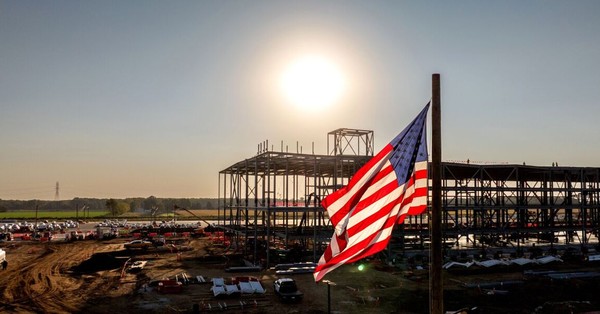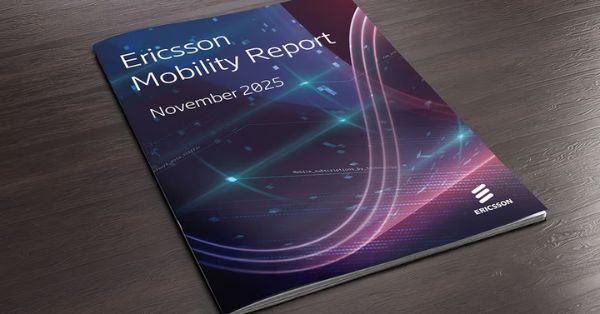Launch of Panasonic’s Private 5G Hub in Munich
Panasonic Connect Europe has taken a significant step forward in telecommunications by launching a new private 5G network facility at its Customer Experience Centre in Munich. This facility is designed to serve as a hub for developing, testing, and demonstrating private 5G applications across various sectors. By collaborating with leading 5G-as-a-Service (5GaaS) providers, Panasonic aims to simplify the deployment and management of private networks, enhancing accessibility and functionality for businesses throughout Europe.
Enhancing Business Connectivity with Private 5G
Inaugurated on April 4, 2024, the Munich facility is a testament to Panasonic’s commitment to providing uninterrupted, secure, high-speed connectivity solutions. Introducing private 5G networks is expected to drastically improve real-time communication, data transfer speeds, and overall network reliability for critical healthcare, finance, and government applications. The partnership with the top 5GaaS providers ensures that these networks are customizable and equipped with the latest technological advancements, including ultra-low latency for enhanced operational efficiency.
Simplifying Private 5G Network Setup
The Munich Customer Experience Centre highlights the ease of installation, configuration, and maintenance of Panasonic’s private 5G network. The facility showcases two operational 5G cells that allow for comprehensive testing, including handover tests using Panasonic TOUGHBOOK 5GSA devices. This hands-on experience demonstrates the network’s impressive capabilities in terms of speed and capacity and its robust security features that protect against emerging cyber threats.
Customizing Private 5G Networks for Diverse Industries
Panasonic has engineered its private 5G networks to meet the specific needs of diverse industries. By providing advanced encryption and customized data throughput options, the company ensures that each sector can optimize its network performance according to its unique demands. This approach enhances security and streamlines the transition for businesses moving from traditional or public networks to private 5G solutions.
Promoting Collaboration in Private 5G Development
The Munich facility is a collaborative platform for third-party manufacturers and software developers. By allowing these partners to test their products and applications in a controlled, real-world environment, Panasonic fosters innovation. It helps optimize technologies for various operating systems, including Windows, iOS, and Android. This initiative supports the broader ecosystem of 5G technology, promoting interoperability and technological advancement.
Open Call for Innovation at Munich’s Tech Hub
Situated at the heart of Munich, Panasonic’s Customer Experience Center offers a unique opportunity to dive into the future of technology and innovation. Spanning an impressive 6,000 square meters, this hub showcases cutting-edge solutions in mobility, Industry 4.0, IoT applications, and comprehensive supply chain management, integrating both hardware and software seamlessly. For the first time, Panasonic invites individuals and organizations from diverse sectors—ranging from large blue chip companies to dynamic startups—to apply for a free innovation workshop. This platform allows participants to test and develop their business ideas with the support of technology experts, including collaborations with academia and industry leaders from prestigious institutions such as TU Munich and Rhine-Main University of Applied Sciences.
Panasonic’s Strategy for European 5G Leadership
With the establishment of the Munich private 5G network facility, Panasonic is not only addressing the current demands for more reliable and secure connectivity solutions but also anticipating the digital economy’s future needs. The company’s strategic move underscores its dedication to leading the charge in adopting 5G technology, helping businesses across Europe overcome challenges associated with traditional connectivity options, and paving the way for a new digital transformation era.
Reflecting on Panasonic’s Impact on European Telecom
Panasonic’s new private 5G network facility in Munich marks a pivotal moment in the evolution of telecommunications in Europe. By providing a state-of-the-art testing and demonstration environment, Panasonic is contributing to the technological growth of individual sectors and playing a crucial role in shaping the future of industry-wide connectivity solutions on the continent.







































